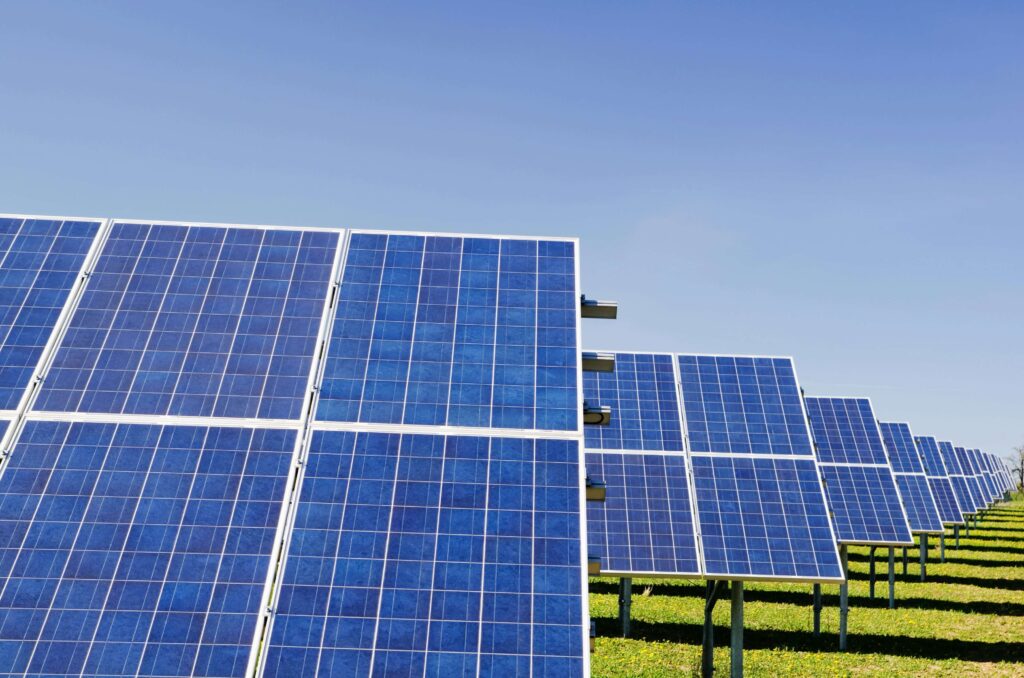Posts Tagged ‘Built environment’
Submission on the Fast-track Approvals Bill 2024
The Government introduced its “Fast-Track Approvals Bill” to parliament earlier this year, with
purpose to provide a stream-lined decision-making process for infrastructure and development
projects that are considered to have significant regional or national benefit. We acknowledge that
the current process for obtaining consents is time consuming, and so we support the prospect of a
speedier consent process for urgent, beneficial projects (and especially for projects facilitating transition away from the production of plastics, greenhouse gases, and other pollutants) – but we maintain that this ought to be achieved through completing a robust assessment process at an accelerated pace, and not by abandoning well established and due process. We see that this fast-track Bill fails to deliver to any reasonable requirement and so we do not support but strongly oppose
the Bill.
April 2024
This newsletter starts with something different, namely translation of an
interview with Jens Beckert, Director at the Max Planck Institute for the Study
of Societies and Professor of Sociology in Cologne.
On the brighter side, it also includes a number of items on positive actions that
are helping improve people’s lives, and on technologies that can, or have the potential to contribute to reducing future emissions.
CONTENTS
– “How can we just go on living like this, even though we have known for three decades what is threatening us?”
– Ocean heating 2023
– Our reliance on fossil fuels
– “Plastics producers have deceived the public about recycling”
– How Burkina Faso builds schools that stay cool in 40C heat
– The African tree-planting project making a difference
– The ‘15-minute city’ has taken off in Paris
– UNSW team creates synthetic methane using only sunlight
– Printed solar cells
– Acqueous metal-ion batteries
– Energy storage using salt, air and bricks
November 2023
CONTENTS
– Some environmental statistics
– Global warming rate
– China and India struggle to curb fossil fuels
– Renewable hydrogen takes flight with octocopter
– Space-based solar power
– New Scottish blade a ‘step change’ for tidal energy
– Power grids investment needed
– World’s tallest wooden tower to be built in Australia
August 2023
CONTENTS
– Tracking Clean Energy Progress: IEA Report
– Selected charts tracking how countries are meeting their commitments to reduce GHG emissions
– China’s Climate Priorities
– Exxon Mobil 2023 energy outlook
– Calls for crackdown on fossil fuel company greenwashing
– Solar power cell innovations break key energy threshold
– Mining giants trial world-first hydrogen pilot for alumina
– South Korea’s Kepco joins Western Australian hydrogen hub
– Prospectors hit the gas in the hunt for ‘white hydrogen’
– $4.6 billion plant in South Africa will make ‘the fuel of the future’
– Farmers on frontline as Dutch divided by war on nitrogen pollution
– World’s largest ‘wood city’ to be built in Stockholm
– Attending ESR Committee Meetings – A request for feedback
June 2023
CONTENTS
– The clean energy investment boom (pictured)
– Rock flour from Greenland can capture significant CO2, study shows
– The path to radically lower emissions
– Global Energy news
– L.A. and other cities are recovering, but not their downtowns. Why?
– Asia’s largest timber building
– A review of the book “What we owe the future”
Building For Climate Change
Current scientific advice indicates the key design requirement for the safety of all humanity’s infrastructure and the wellbeing and sustainability of natural ecosystems and species is an 80% reduction of fossil fuel production within two decades.
To meet social & economic needs while phasing out this energy source, we will need to consider the consequential issues of a sustained decline in energy supply and material consumption in all sectors of the economy.
Read MoreWatch video: The framing and reframing of public policy in New Zealand
The way in which we describe any major social problem largely determines the kind of policy we eventually consider for dealing with it. In this webinar, Michael Hanne explores the ways in which two issues, Poverty and the Housing Crisis, are generally “framed” in public discussion in New Zealand. He offers critiques of that framing and asks how they might usefully be “reframed” in a socially more responsible way. He ends by inviting the audience to talk about other issues they feel need to be reframed.
Read MoreWhat it takes to be a climate prepared city
Adapting to the many and various challenges of global warming, from an urban development perspective, requires an understanding of the hydrological landscape that underlies the city so that a master plan can emerge that increases green space and public space, encourages biodiversity, and reduces flooding and the possibility of flood-water contamination.
Read More








